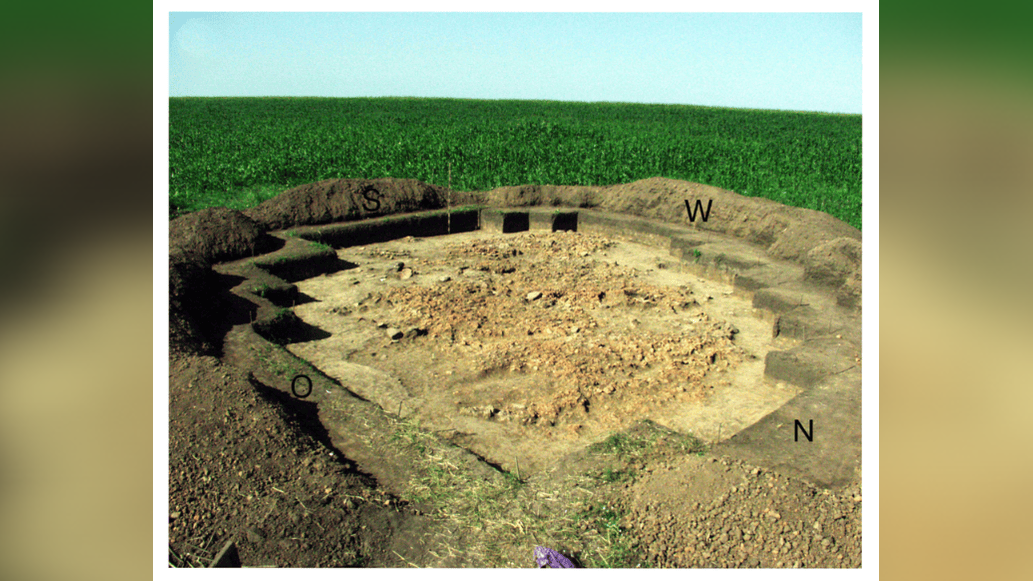Water, Vol. 16, Pages 3483: Conceptual Model of Digitization of the Municipal Wastewater Disposal Systems
Water doi: 10.3390/w16233483
Authors: Volodymyr Shtepa Natalia Junakova Nataliia Zaiets Nataliia Lutska Yelizaveta Chernysh Magdalena Balintova
In the modern world, intelligent and digital wastewater disposal systems are increasingly in demand for real-time decision-making on the environmental efficiency of wastewater disposal. The aim of the study is to develop wastewater management processes for monitoring and predicting the parameters of sewerage networks. This paper presents the results of physical modeling of changes in the properties of aqueous solutions transported through the sewerage network to the treatment plant. It was found that the quality of wastewater without additional pollutants is stable, but under the influence of complex, disturbing factors, significant fluctuations in parameters are observed, requiring preventive control to prevent secondary pollution. In order to eliminate the disadvantages of prototypes and improve the environmental safety of wastewater disposal, a conceptual model of digitalization of the wastewater disposal system of water supply and sewerage facilities in the segment “Transport—wastewater treatment” based on the criteria of environmental efficiency of treatment facilities was justified and created. This model for regulating wastewater discharge parameters considers the quality indicators of domestic and industrial wastewater, which excite technological processes at municipal wastewater treatment plants and makes corrections through local treatment methods. This will reduce the risk of secondary pollution and increase management efficiency and environmental compliance of treatment facilities but, at the same time, requires significant investment, infrastructure modernization, qualified personnel and solutions to the issues of integrating processes into a single system. Also, a conceptual scheme of monitoring and forecasting sewerage network parameters and the sequence of sewerage system digitalization using the example of a settlement was created. Further research will be aimed at building a digital system of regulation of water supply and sewerage facilities in the segment based on the criterion of the ecological efficiency of treatment facilities with regard to disturbance.

 1 week ago
22
1 week ago
22


